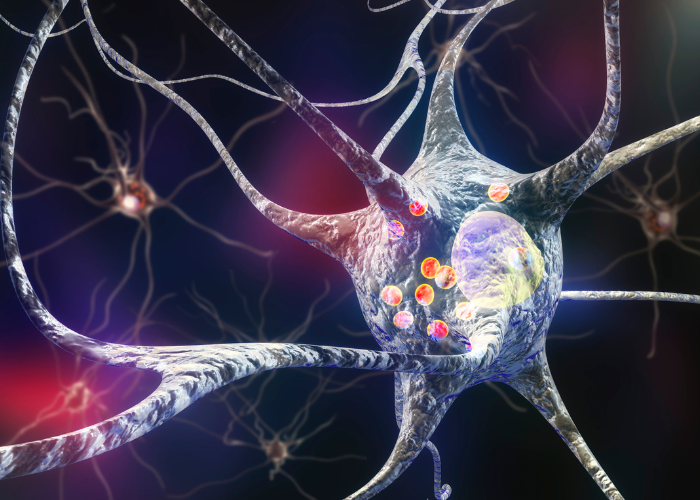HMGB1 has been shown to play a key role in Parkinson’s disease pathogenesis. Research and studies targeting High Mobility Group Box 1 (HMGB1) protein in Parkinson’s disease (PD) has recently emerged, with promising results in the inhibition of HMGB1.
Parkinson’s disease is one of the most impacting degenerative diseases, with several implications on life quality, so there must be a focus on the future perspectives of unveiled research developments.
HMGB1 protein could change how we approach this debilitating neurological disorder.
However, HMGB1’s complexity presents challenges: it undergoes multiple intracellular modifications and takes on different extracellular redox forms, each likely playing unique roles in PD and a one-size-fits-all inhibition may not be the solution.
By combining mechanistic and in vivo studies of HMGB1, researchers are trying to unravel HMGB1’s effects on neurons and immune responses in Parkinson’s desease, with a keen eye on the challenges ahead.
These recent researches underline the potential of HMGB1 as a therapeutic target, while reaffirming the need for nuanced approaches in PD treatment.
Read the full article about the study:
https://pubmed.ncbi.nlm.nih.gov/34797463/
Discover more about HMGB1 protein and request a quotation

